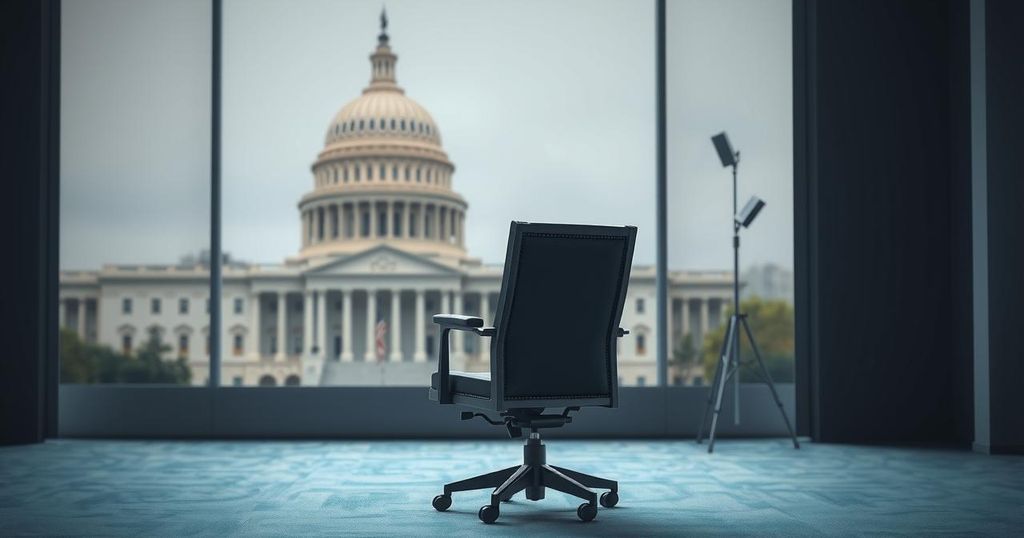South Sudan President Kiir Dismisses Vice-Presidents and Spy Chief

South Sudan’s President Salva Kiir has dismissed two vice-presidents, the spy chief, and other officials without providing reasons. These changes follow a peace agreement established to curb civil unrest, reflecting ongoing political instability. Elections continue to be postponed, with the next expected in December 2026.
President Salva Kiir of South Sudan has dismissed two vice-presidents along with the country’s spy chief and several other high-ranking officials. This decision was communicated through a series of presidential decrees broadcasted by state media, although specific reasons for these firings have not been provided. The dismissals come under the backdrop of a complex political landscape formed by a peace agreement aimed at ending years of civil conflict.
Among those removed were James Wani Igga, a long-serving vice-president and senior politician, and Hussein Abdelbagi Akol, affiliated with an opposition coalition not directly connected to the main opposition party led by First Vice-President Riek Machar. Akol has been reassigned as Minister of Agriculture, replacing Josephine Joseph Lagu, who will now hold a vice-presidential position within the same alliance.
Benjamin Bol Mel, previously sanctioned by the U.S. for alleged corruption, has been appointed to take over as vice-president from Igga. Mel’s ascension has been interpreted by some analysts as a signal of his potential candidacy for the presidency in future elections. The current appointments and dismissals signify ongoing tensions and shifts within the South Sudanese political framework.
The president retained control over appointments, per the 2018 peace agreement, which allows him to unilaterally appoint officials from rival parties, provided there is consent from their leaders. It remains unclear if the recently dismissed governor of Western Equatoria and the health minister received their terminations based on recommendations from their party leader, Riek Machar, amidst a lack of official commentary from the SPLM-In Opposition.
South Sudan has not held a national election since becoming independent in 2011. Originally scheduled for 2015, elections have faced numerous postponements due to ongoing conflicts, with the most recent delay pushing the anticipated date to December 2026. Management of state governance remains critical as the nation grapples with the aftermath of civil strife and seeks to stabilize its political environment.
In summary, South Sudan’s President Salva Kiir has enacted significant leadership changes by dismissing key officials, including two vice-presidents and the intelligence chief, showcasing the continuing volatility within the nation. These shifts reflect the underlying political complexities stemming from the 2018 peace agreement. With no elections conducted for several years, the future political landscape remains uncertain as the country aims to address persistent governance challenges.
Original Source: www.bbc.com







